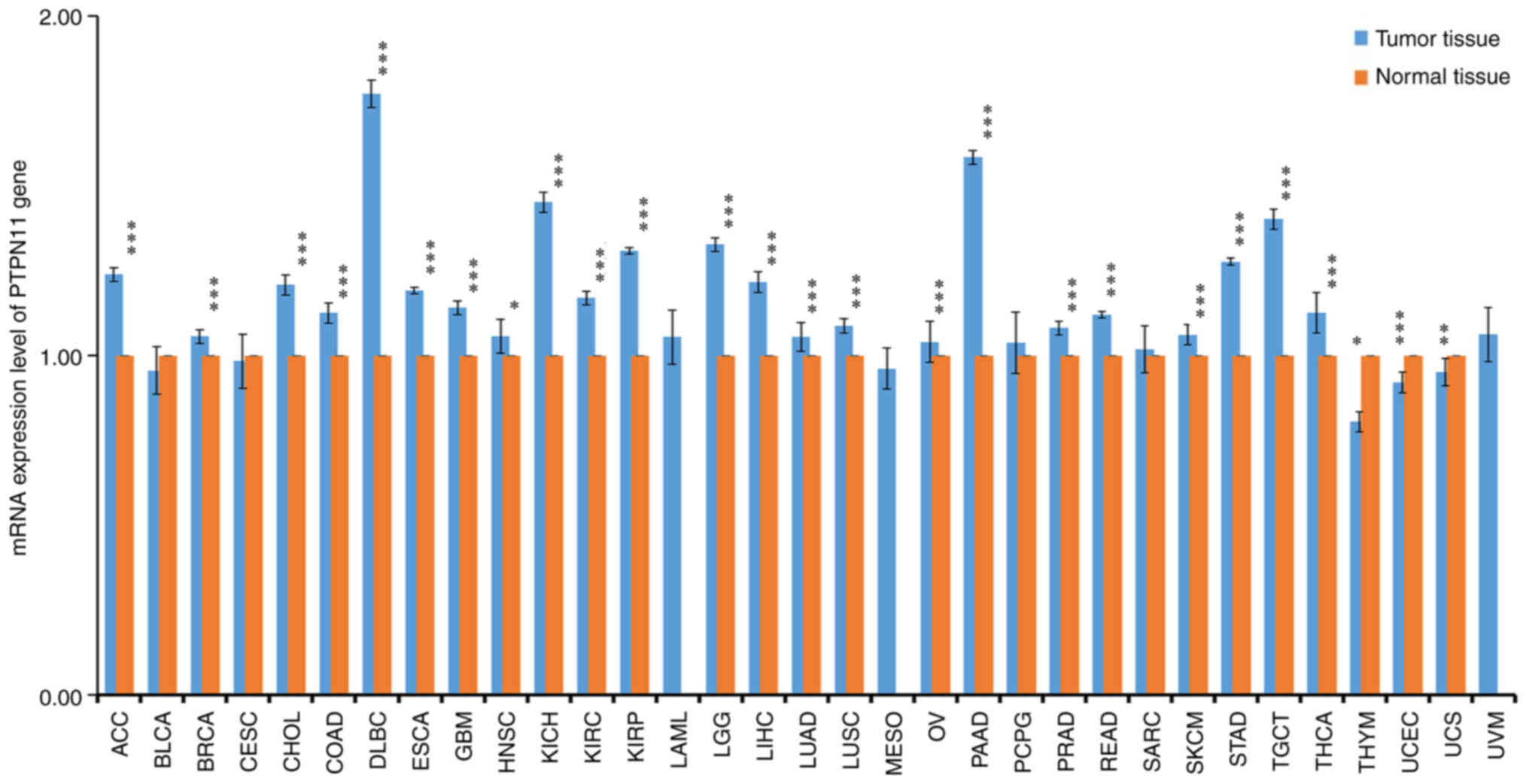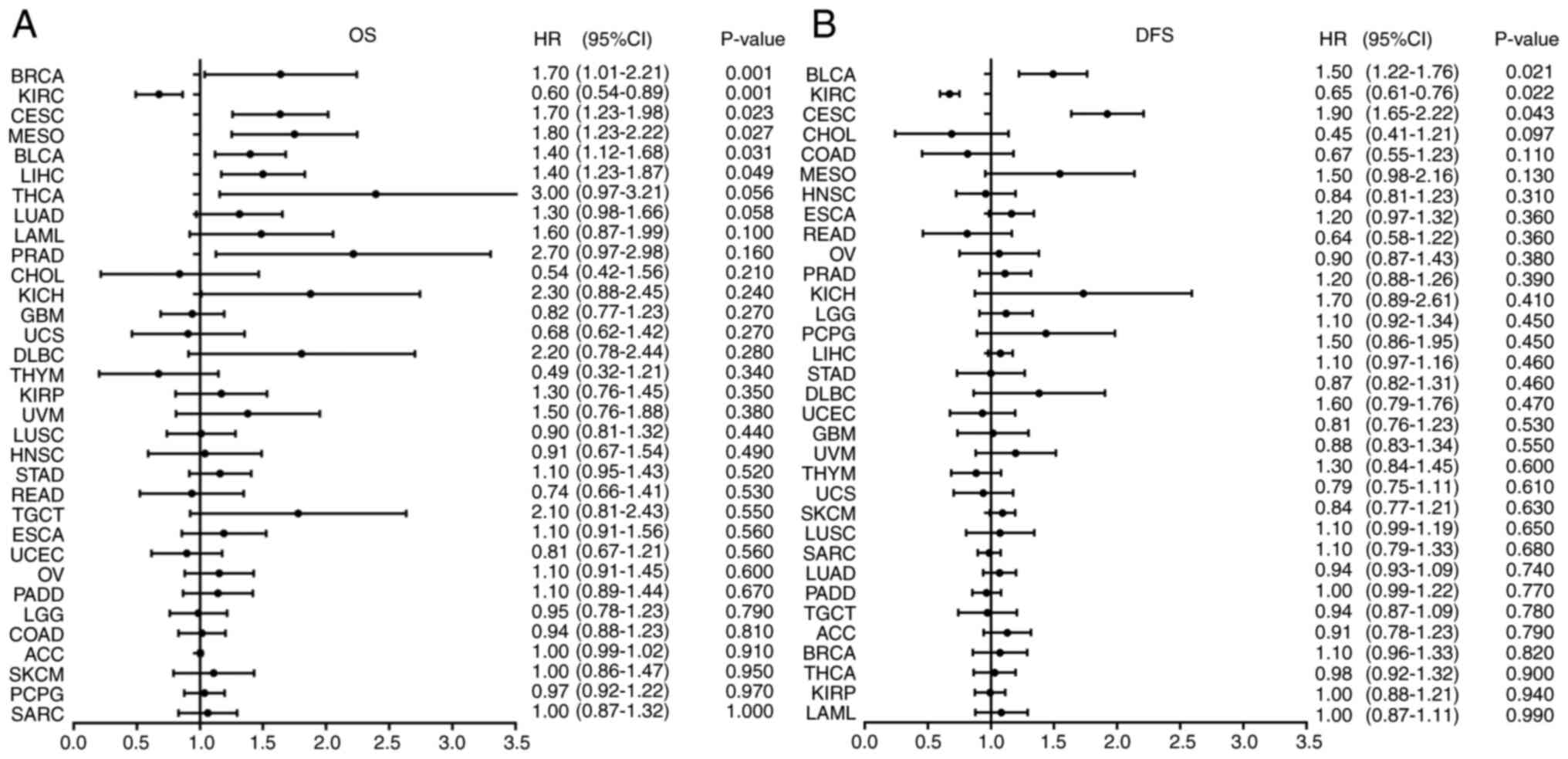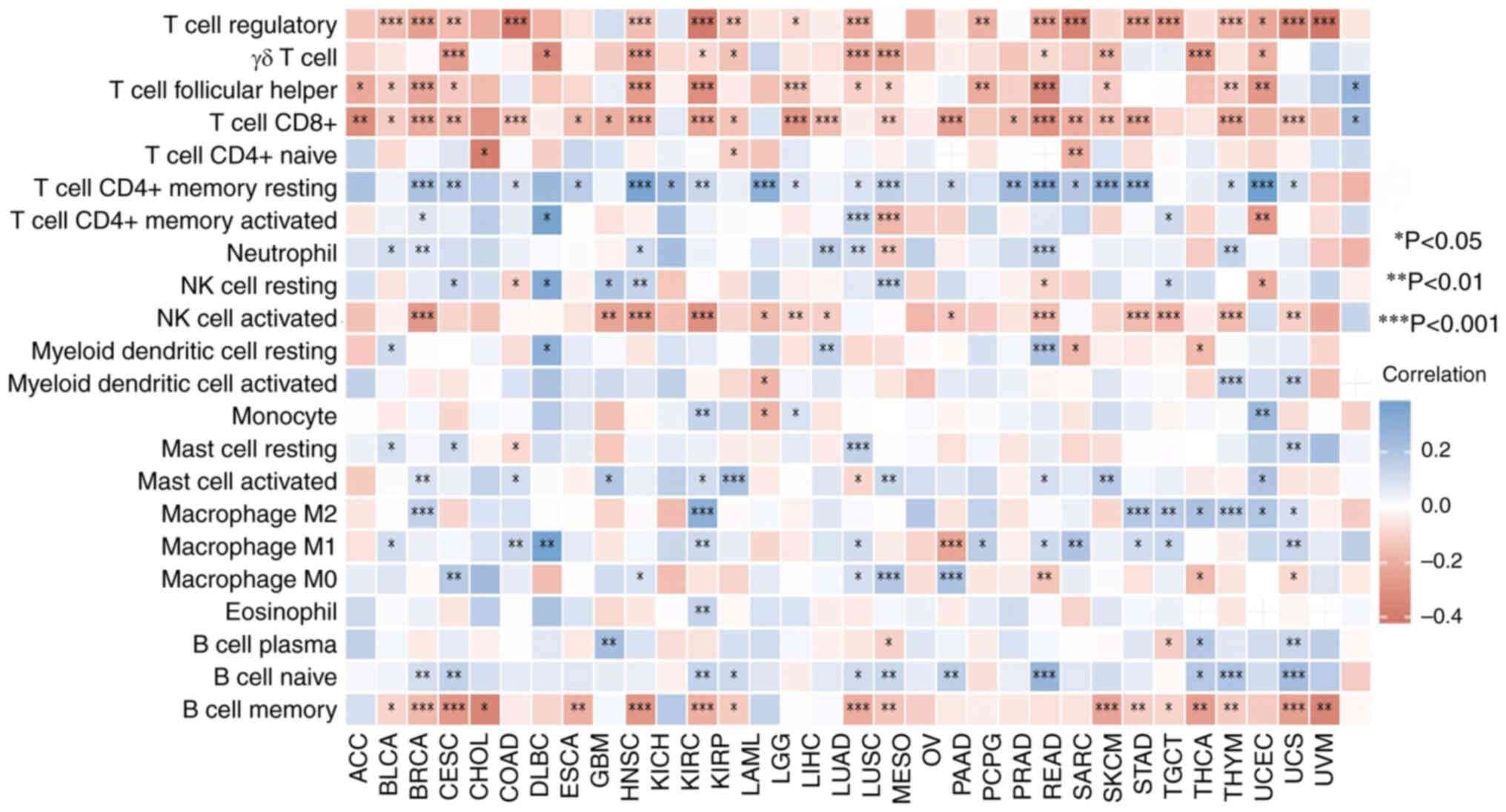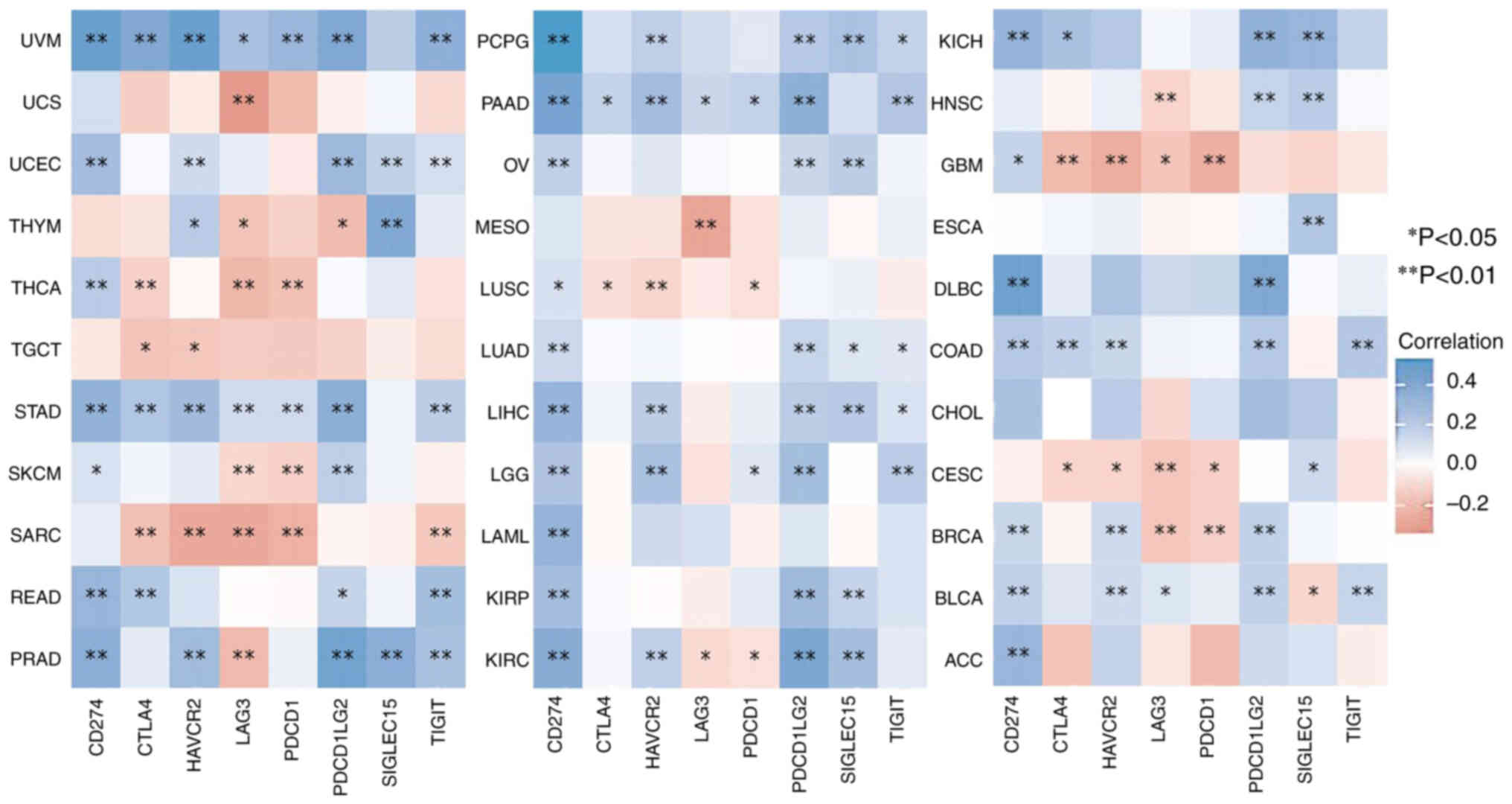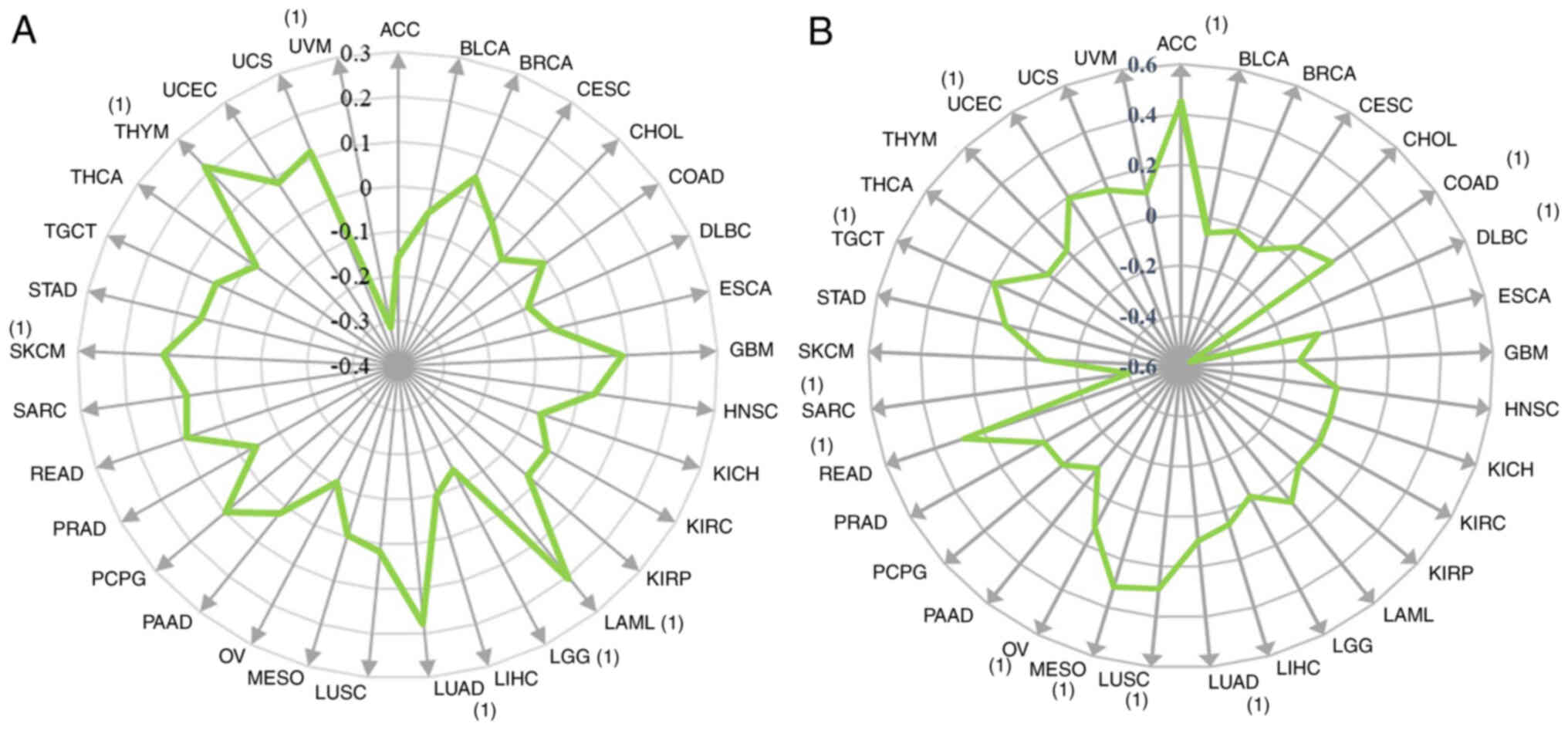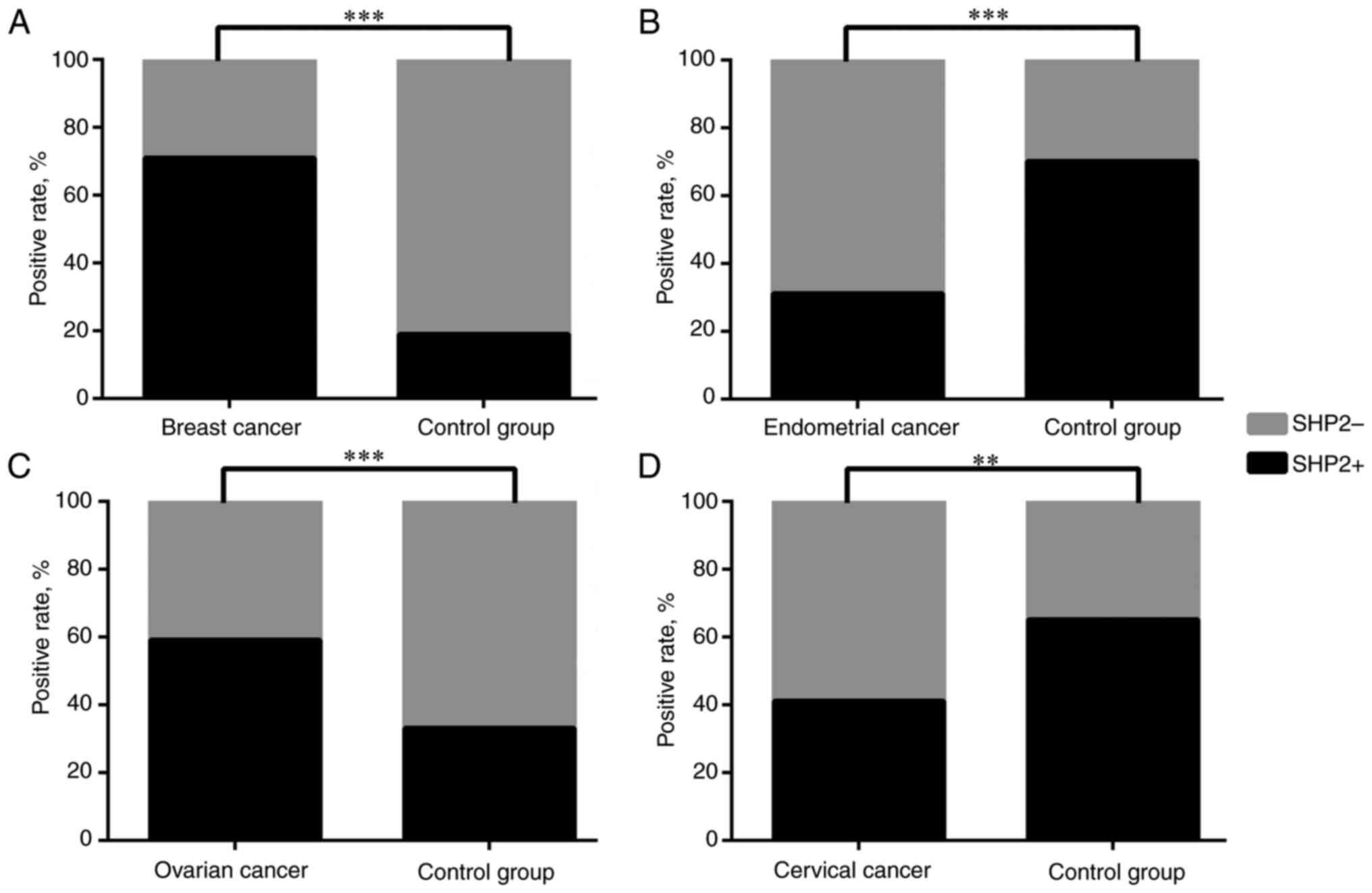|
1
|
Yuan H, Zhao J, Yang Y, Wei R, Zhu L, Wang
J, Ding M, Wang M and Gu Y: SHP-2 Interacts with CD81 and regulates
the malignant evolution of colorectal cancer by inhibiting
epithelial-mesenchymal transition. Cancer Manag Res.
12:13273–13284. 2020. View Article : Google Scholar : PubMed/NCBI
|
|
2
|
Zhou L, Feng Y, Ma YC, Zhang Z, Wu JW, Du
S, Li WY, Lu XH, Ma Y and Wang RL: Exploring the mechanism of the
potent allosteric inhibitor compound2 on SHP2WT and
SHP2F285S by molecular dynamics study. J Mol Graph
Model. 103:1078072021. View Article : Google Scholar : PubMed/NCBI
|
|
3
|
Mitra R and Ayyannan SR: Small-Molecule
Inhibitors of Shp2 phosphatase as potential chemotherapeutic agents
for Glioblastoma: A Minireview. ChemMedChem. 16:777–787. 2021.
View Article : Google Scholar : PubMed/NCBI
|
|
4
|
Li S, Wang X, Li Q and Li C: Role of
SHP2/PTPN11 in the occurrence and prognosis of cancer: A systematic
review and meta-analysis. Oncol Lett. 25:192023. View Article : Google Scholar : PubMed/NCBI
|
|
5
|
Kim JS, Shin OR, Kim HK, Cho YS, An CH,
Lim KW and Kim SS: Overexpression of protein phosphatase
non-receptor type 11 (PTPN11) in gastric carcinomas. Dig Dis Sci.
55:1565–1569. 2010. View Article : Google Scholar : PubMed/NCBI
|
|
6
|
Kerr DL, Haderk F and Bivona TG:
Allosteric SHP2 inhibitors in cancer: Targeting the intersection of
RAS, resistance, and the immune microenvironment. Curr Opin Chem
Biol. 62:1–12. 2021. View Article : Google Scholar : PubMed/NCBI
|
|
7
|
Sausgruber N, Coissieux MM, Britschgi A,
Wyckoff J, Aceto N, Leroy C, Stadler MB, Voshol H, Bonenfant D and
Bentires-Alj M: Tyrosine phosphatase SHP2 increases cell motility
in triple-negative breast cancer through the activation of
SRC-family kinases. Oncogene. 34:2272–2278. 2015. View Article : Google Scholar : PubMed/NCBI
|
|
8
|
Mainardi S, Mulero-Sánchez A, Prahallad A,
Germano G, Bosma A, Krimpenfort P, Lieftink C, Steinberg JD, de Wit
N, Gonçalves-Ribeiro S, et al: SHP2 is required for growth of
KRAS-mutant non-small-cell lung cancer in vivo. Nat Med.
24:961–967. 2018. View Article : Google Scholar : PubMed/NCBI
|
|
9
|
Jiang C, Hu F, Tai Y, Du J, Mao B, Yuan Z,
Wang Y and Wei L: The tumor suppressor role of Src homology
phosphotyrosine phosphatase 2 in hepatocellular carcinoma. J Cancer
Res Clin Oncol. 138:637–646. 2012. View Article : Google Scholar : PubMed/NCBI
|
|
10
|
Xinhua S: Role of CAD gene in the
prognosis evaluation of pan-cancer. J Basic Clinical Oncol.
33:485–90. 2020.
|
|
11
|
Zhang Z, Lin E, Zhuang H, Xie L, Feng X,
Liu J and Yu Y: Construction of a novel gene-based model for
prognosis prediction of clear cell renal cell carcinoma. Cancer
Cell Int. 20:272020. View Article : Google Scholar : PubMed/NCBI
|
|
12
|
Sturm G, Finotello F, Petitprez F, Zhang
JD, Baumbach J, Fridman WH, List M and Aneichyk T: Comprehensive
evaluation of transcriptome-based cell-type quantification methods
for immuno-oncology. Bioinformatics. 35:i436–i45. 2019. View Article : Google Scholar : PubMed/NCBI
|
|
13
|
Thorsson V, Gibbs DL, Brown SD, Wolf D,
Bortone DS, Ou Yang TH, Porta-Pardo E, Gao GF, Plaisier CL, Eddy
JA, et al: The Immune landscape of cancer. Immunity. 51:411–412.
2019. View Article : Google Scholar : PubMed/NCBI
|
|
14
|
Gu J, Han T, Ma RH, Zhu YL, Jia YN, Du JJ,
Chen Y, Jiang XJ, Xie XD and Guo X: SHP2 promotes laryngeal cancer
growth through the Ras/Raf/Mek/Erk pathway and serves as a
prognostic indicator for laryngeal cancer. Int J Oncol. 44:481–490.
2014. View Article : Google Scholar : PubMed/NCBI
|
|
15
|
Chalfant CE, Kim M, Hartman Z, Geldenhuys
WJ and Agazie YM: Novel Small-molecule inhibitor for the oncogenic
tyrosine phosphatase SHP2 with anti-breast cancer cell effects. Mol
Cancer Res. 5:25113–25124. 2020.
|
|
16
|
Vazhappilly CG, Saleh E, Ramadan W, Menon
V, Al-Azawi AM, Tarazi H, Abdu-Allah H, El-Shorbagi AN and El-Awady
R: Inhibition of SHP2 by new compounds induces differential effects
on RAS/RAF/ERK and PI3K/AKT pathways in different cancer cell
types. Invest New Drugs. 37:252–261. 2019. View Article : Google Scholar : PubMed/NCBI
|
|
17
|
Ahmed TA, Adamopoulos C, Karoulia Z, Wu X,
Sachidanandam R, Aaronson SA and Poulikakos PI: SHP2 Drives
adaptive resistance to ERK signaling inhibition in molecularly
defined subsets of ERK-Dependent tumors. Cell Rep. 26:65–78.e5.
2019. View Article : Google Scholar : PubMed/NCBI
|
|
18
|
Fedele C, Ran H, Diskin B, Wei W, Jen J,
Geer MJ, Araki K, Ozerdem U, Simeone DM, Miller G, et al: SHP2
inhibition prevents adaptive resistance to MEK inhibitors in
multiple cancer models. Cancer Discov. 8:1237–1249. 2018.
View Article : Google Scholar : PubMed/NCBI
|
|
19
|
Feng HB, Chen Y, Xie Z, Jiang J, Zhong YM,
Guo WB, Yan WQ, Lv ZY, Lu DX, Liang HL, et al: High SHP2 expression
determines the efficacy of PD-1/PD-L1 inhibitors in advanced KRAS
mutant non-small cell lung cancer. Thorac Cancer. 12:2564–2573.
2021. View Article : Google Scholar : PubMed/NCBI
|
|
20
|
Lei W, Qin X, Wang X and Zhu F: Expression
and clinical significance of Shp2 protein in breast cancer. Jilin
Med J. 32:7692–7694. 2011.
|
|
21
|
Hu Z, Li J, Gao Q, Wei S and Yang B: SHP2
overexpression enhances the invasion and metastasis of ovarian
cancer in vitro and in vivo. Onco Targets Ther. 10:3881–3891. 2017.
View Article : Google Scholar : PubMed/NCBI
|
|
22
|
Liotti F, Kumar N, Prevete N, Marotta M,
Sorriento D, Ieranò C, Ronchi A, Marino FZ, Moretti S, Colella R,
et al: PD-1 blockade delays tumor growth by inhibiting an intrinsic
SHP2/Ras/MAPK signalling in thyroid cancer cells. J Exp Clin Cancer
Res. 40:222021. View Article : Google Scholar : PubMed/NCBI
|
|
23
|
Zhao Y, Yu H, Ida CM, Halling KC, Kipp BR,
Geiersbach K, Rumilla KM, Gupta S, Lin MT and Zheng G: Assessment
of RAS dependency for BRAF alterations using cancer genomic
databases. JAMA Netw Open. 4:e20354792021. View Article : Google Scholar : PubMed/NCBI
|
|
24
|
Yuan X, Bu H and Zhou J: Recent advances
of SHP2 inhibitors in cancer therapy: Current development and
clinical application. J Med Chem. 63:11368–11396. 2020. View Article : Google Scholar : PubMed/NCBI
|
|
25
|
Kim M, Morales LD and Jang IS: Protein
tyrosine phosphatases as potential regulators of STAT3 signaling.
Int J Mol Sci. 19:27082018. View Article : Google Scholar : PubMed/NCBI
|
|
26
|
Zhang W, Chan RJ, Chen H, Yang Z, He Y,
Zhang X, Luo Y, Yin F, Moh A, Miller LC, et al: Negative regulation
of Stat3 by activating PTPN11 mutants contributes to the
pathogenesis of Noonan syndrome and juvenile myelomonocytic
leukemia. J Biol Chem. 284:22353–22363. 2009. View Article : Google Scholar : PubMed/NCBI
|
|
27
|
Wang J, Pollard K, Allen AN, Tomar T,
Pijnenburg D, Yao Z and Rodriguez FJ: Combined inhibition of SHP2
and MEK is effective in models of NF1-Deficient malignant
peripheral nerve sheath tumors. Cancer Res. 80:5367–5379. 2020.
View Article : Google Scholar : PubMed/NCBI
|
|
28
|
Zhu G, Xie J, Kong W, Xie J, Li Y, Du L,
Zheng Q, Sun L, Guan M, Li H, et al: Phase separation of
disease-associated SHP2 mutants underlies MAPK hyperactivation.
Cell. 183:490–502.e18. 2020. View Article : Google Scholar : PubMed/NCBI
|
|
29
|
Gong M, Liu P, He T, Zhang M and Li G:
Demonstrating the effect of SHP2 inhibitor on cervical squamous
cell carcinoma from the perspective of ZAP70. Anticancer Drugs.
32:477–483. 2021. View Article : Google Scholar : PubMed/NCBI
|
|
30
|
Cassetta L and Pollard JW: Targeting
macrophages: Therapeutic approaches in cancer. Nat Rev Drug Discov.
17:887–904. 2018. View Article : Google Scholar : PubMed/NCBI
|
|
31
|
Xiao P, Zhang H, Zhang Y, Zheng M, Liu R,
Zhao Y, Zhang X, Cheng H, Cao Q and Ke Y: Phosphatase Shp2
exacerbates intestinal inflammation by disrupting macrophage
responsiveness to interleukin-10. J Exp Med. 216:337–349. 2019.
View Article : Google Scholar : PubMed/NCBI
|
|
32
|
Hui E, Cheung J, Zhu J, Su X, Taylor MJ,
Wallweber HA, Sasmal DK, Huang J, Kim JM, Mellman I and Vale RD: T
cell costimulatory receptor CD28 is a primary target for
PD-1-mediated inhibition. Science. 355:1428–1433. 2017. View Article : Google Scholar : PubMed/NCBI
|
|
33
|
Torres-Ayuso P and Brognard J: Shipping
out MEK inhibitor resistance with SHP2 inhibitors. Cancer Discov.
8:1210–1212. 2018. View Article : Google Scholar : PubMed/NCBI
|















